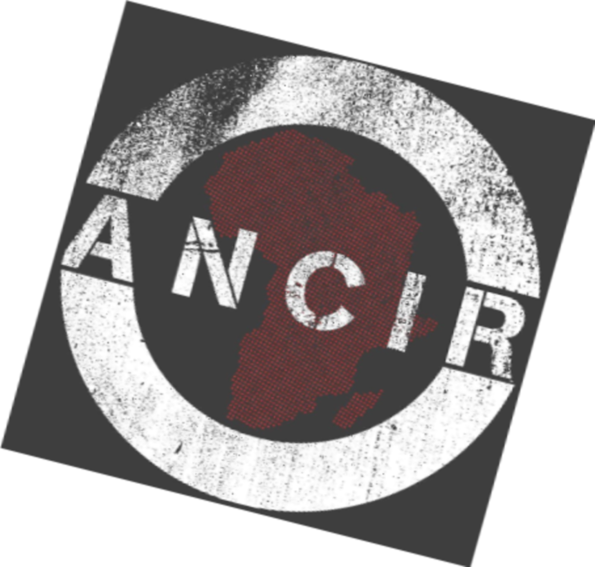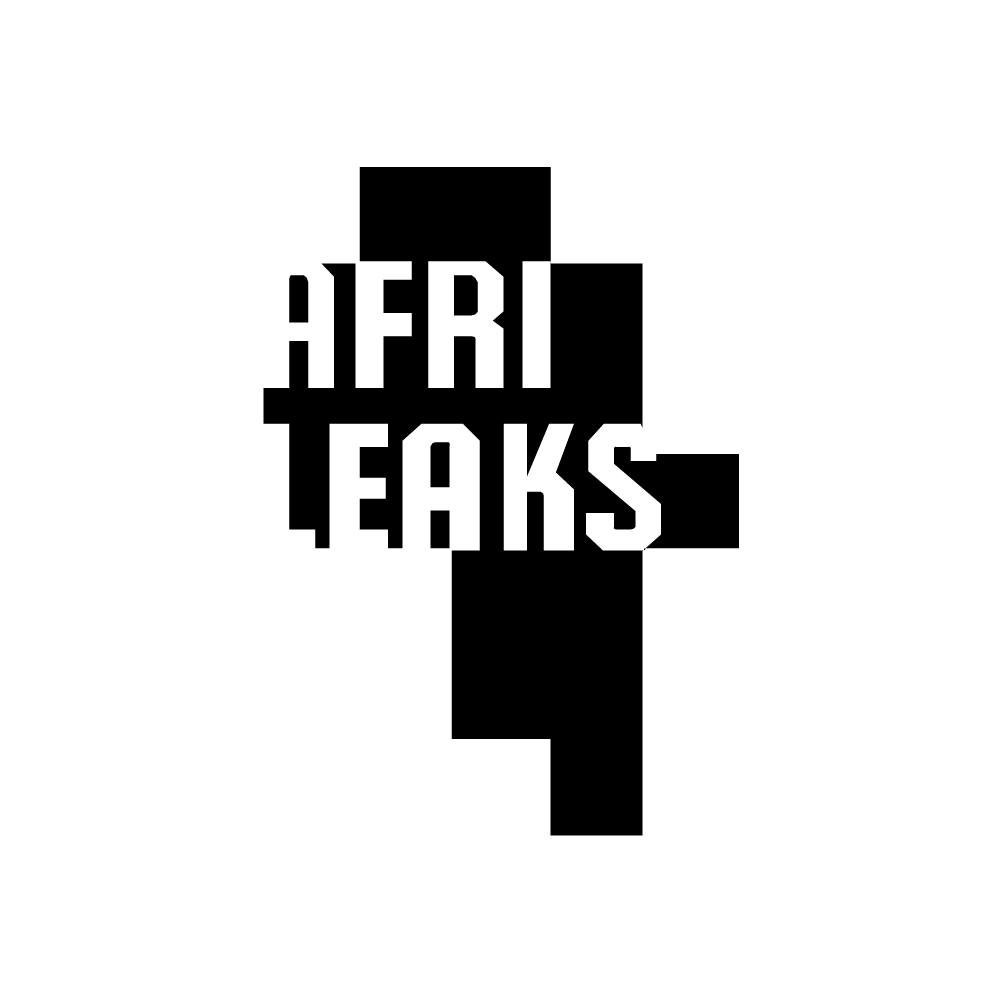Real owners of Angolan oil royalty beneficiary unknown
Angola’s state-owned oil company, Sonangol, has never had a positive reputation for transparency. But recent information leaks and submissions to the US Securities and Exchange Commission have shed important light on how money in the Angolan oil sector is siphoned into elite pockets. For four decades, the opaque political machinery that has kept Angolan President José Eduardo dos Santos in power has seemed impenetrable. Within the regime, known as the futungo, factions exist between military leaders, senior political advisers, and the Dos Santos family. In the past, any tensions were resolved by distributing public wealth to disgruntled parties through fronts of large contracts and deals in construction, banking, diamonds, and other industries.
Now, however, the state appears to be in flux. In 2015, ahead of Dos Santos’s reported plan to leave active politics in 2018, his daughter Isabel was named as the head of Sonangol. Isabel now oversees all petroleum and natural gas production in Angola. Petroleum laws grant Sonangol exclusive mining rights that span the entirety of the oil economy, including prospecting, exploration, and production.
Oil comprises over 90% of Angola’s export revenue, the bulk of the government’s budget, and about half the country’s gross domestic product. Whoever controls Sonangol controls Angola’s political economy. To date, and despite the controversy of Isabel’s new position, more than 100 Portuguese nationals have been hired to senior positions in Sonangol, effectively displacing potential Angolan employees, presumably to deter any anti-dos Santos factions from developing. Fortunately for the regime, the bulk of oil production takes place offshore. This geographic luck provides a distancing for the regime that, unlike in Nigeria, Africa’s other main oil producer, places Angola’s oil infrastructure out of reach of opposition movements which might otherwise sabotage oil pipelines and facilities.
Resistance, instead, comes in the form of activism from civil society leaders like Maka Angola’s Rafael Marques de Morais, and sometimes, foreign governments. One such example is the US Department of Justice’s (DOJ) investigation into violations of the Federal Corrupt Practices Act (FCPA) by oil companies like Cobalt, a Houston-based oil company founded with investments from Goldman Sachs. Passed in 1977, the FCPA forbids payment in cash or kind to foreign governments officials or political parties, directly or through third parties, for the purpose of obtaining or winning business. The act is often enforced by the DOJ, which handles criminal cases, and the US Securities and Exchange Commission (SEC), which deals with civil cases.
In Cobalt’s case, the anti-corruption activist Morais accused high-ranking Angolan officials of secretly owning a company that was a local partner of Cobalt.
Cobalt
Between 2009 and 2011, Cobalt was awarded two deepwater blocks (20 and 21) for drilling. Cobalt came under public scrutiny because of its links to Manuel Vicente, Sonangol’s former CEO and current vice president; Gen Leopoldino Fragosa do Nascimento (“Dino”), former head of the president’s communications team; and Gen Manuel Heder Vieira Dias Junior (“Kopelipa”), then-head of the Casa de Segurança, the presidency’s intelligence bureau. Collectively, they are known as “the Trio” and are an alternate faction to the Dos Santos family.
In March 2011, the SEC launched an informal inquiry into Cobalt’s business dealings in Angola. After Global Witness exposed the company’s questionable corporate structure, the SEC, along with the DOJ, began two formal investigations. The investigations focused on Angolan government officials’ connections to companies such as Alper Oil Limitada and Nazaki Oil & Gaz SA Grupo Aquattro, for instance, owned by the Trio, controlled 99% of Nazaki, a company that received 30% of the oil concession. The same physical address used by Aquattro was used by more than 40 companies connected to the Trio. Alper’s skeletal staff was funded by an entity called Sonils. Data shows this entity belongs to the Angolan government.
The companies were allegedly proposed by the Angolan regime. In 2009, Cobalt publicly stated: “We have not worked with either of these companies in the past, and, therefore, our familiarity with these companies is limited. Violations of the FCPA may result in severe criminal or civil sanctions, and we may be subject to other liabilities.” Much later, after the deal crashed, Cobalt’s former chief financial officer claimed in court documents that the Angolan government “called the shots,” describing the deal as “a fait accompli.”
While the SEC probe officially dropped the civil case in January 2015, the DOJ case is ongoing.
But this isn’t the end of Cobalt’s lack of transparency. SEC documents reveal royalty allocations from the US-based Cobalt to a Bahamas-based company, Whitton Petroleum. Though Whitton frequently appears in the Panama Papers database, its true owners’ identities remain hidden and questions to Cobalt about Whitton had not received a response at the time of publication.
In 2015, Cobalt announced its exit from the deal saying that Sonangol would purchase Cobalt’s 40% interest in deepwater blocks 20 and 21 for $1.75 billion. The deal seemed to crawl along with little evidence that the sale would proceed. Sonangol was deeply in debt and unable to repay $13 billion in loans to European banks such as Standard Chartered, which recently gave the state-owned company 45 days to provide evidence that it can satisfy the loan. In a recent update to shareholders, Cobalt confirmed the commitment of the Angolan government to the sale.
Royalty Agreement
Production sharing contracts are the most common form of extractives agreements in Angola, and their purpose is to shift the burden of costs and related risks to oil companies. Royalties vary from project to project, and in Cobalt’s SEC disclosures list, Whitton is noted as the recipient of royalties. The beneficial owners of Whitton remain unknown, though the company is said to have “provided consulting services to Angola in exchange for an upfront fee and a future overriding royalty in CIE’s [Cobalt’s] production.” It remains to be seen how the royalty issue will be resolved if the sale of the blocks to Sonangol proceeds. Cobalt stated it might have to pay a material cash sum to Whitton at the conclusion of the sale.
Whitton has no business history, no employees, no bricks-and-mortar office. The company only exists on paper and the only public mention of it is in Cobalt’s own corporate disclosures which show that on 13 February 2009, Cobalt entered into a Restatement Agreement with Whitton Petroleum Services.
In a quarterly filing to the SEC, Cobalt states: “Pursuant to the terms of the Royalty Agreement, in consideration for Whitton’s consulting services in connection with Blocks 9, 20 and 21 offshore Angola and the company’s business and operations in Angola, Whitton is to receive quarterly payments (measured in US Dollars) equal to 2.5% of the market price of the company’s share of the crude oil produced in such quarter.”
Information from the Panama Papers data leak indicates that Whitton was incorporated on 15 May 15 1995. The establishment date of the company pre-dates Cobalt’s awarding of the relevant blocks in Angola. Searches in the public domain render no results except for the links between Whitton Petroleum and Cobalt.
Nominees used to conceal beneficial owners and real directors include Swiss-based entities like Mayo and Channel Island companies, such as Caversham Holdings, which also lists a Switzerland postal office. Shares are held by Bellerive Investors and Bellerive Secretaries, which are incorporated in the British Virgin Islands, but unlike Mayo and Caversham, they appear to be used by a very specific set of companies and may not be independent from Whitton’s real owners. In the Restatement Agreement, the beneficiary is listed as Caversham SA. According to the Swiss Corporate Registry, Caversham SA is a company engaged in fiduciary activities. Meanwhile, another company, Applegate FS SA is the listed intermediary of Whitton Petroleum.
These entities form part of larger intricate corporate structures also revealed in the Panama Papers.
Neither Bellerive nor Whitton could be reached and Applegate declined to comment when contacted for this piece.
Almost $200 billion has left Angola in foreign investment between 2002 and 2015 ‒ an average of $13.5 billion every year. Yet the country remains impoverished and in debt. Ahead of elections, factions in Angola have exposed cracks in the regime. These may yet intensify siphoning of wealth as both sides fear being ousted from the levers of power and money.
This story was produced by the International Consortium of Investigative Journalists, together with the African Network of Centers for Investigative Reporting.


